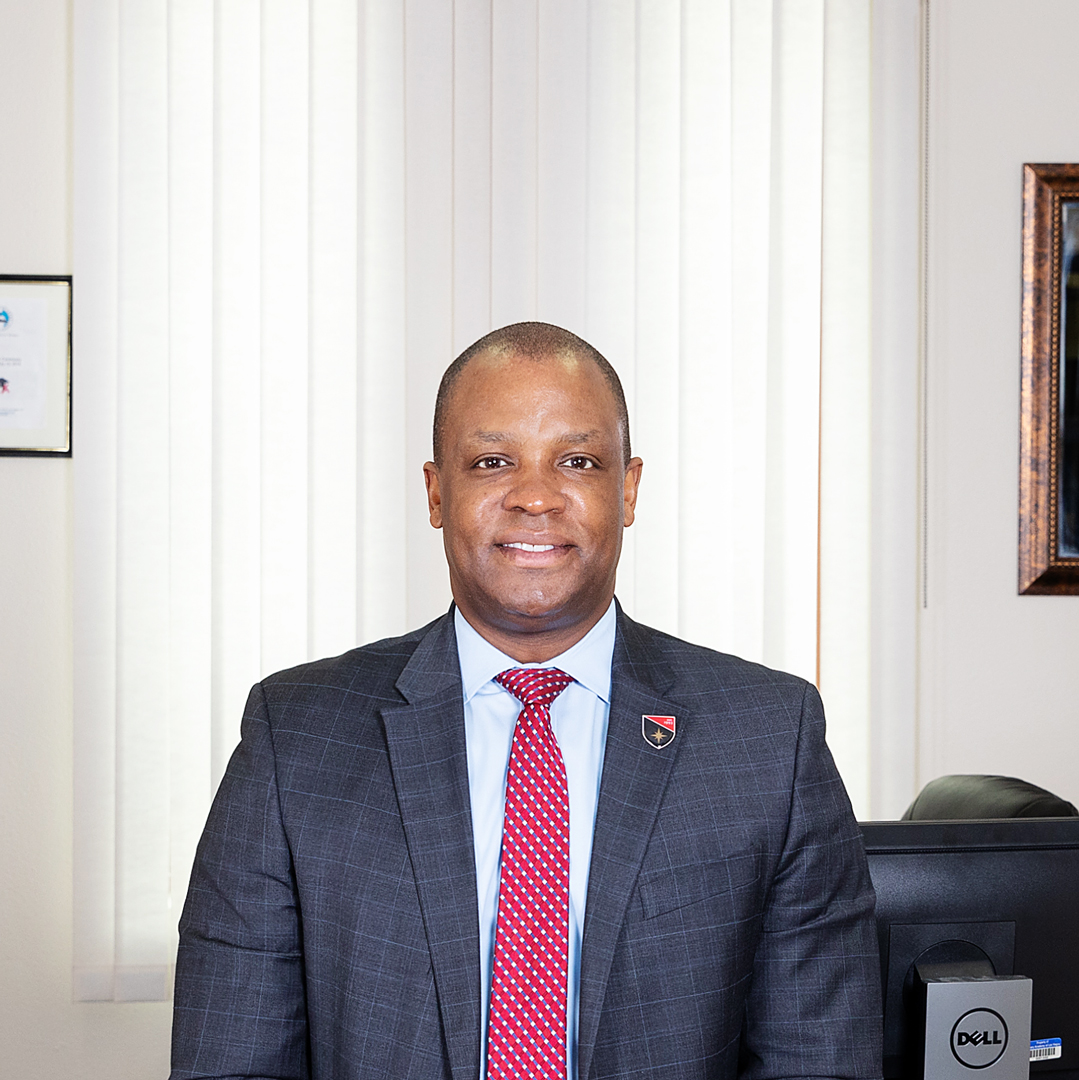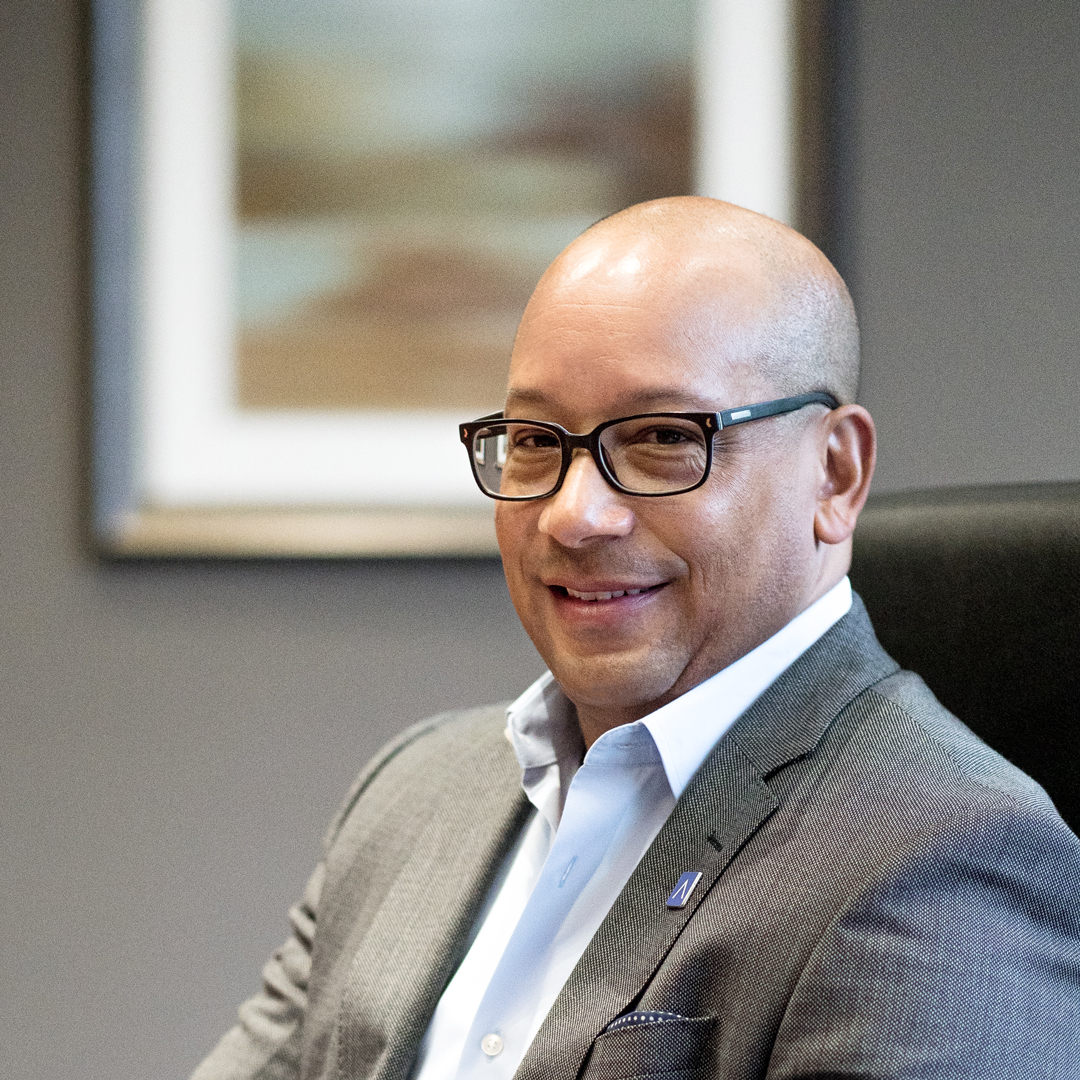|
Getting your Trinity Audio player ready... |
Ron Hohauser has an old PowerPoint presentation that lays out a plan to raise $525 million and finance ten movies. The first movie in the lineup was Iron Man, and that plan, which Hohauser helped create as the financial lead at Marvel Studios, led to Marvel Entertainment’s transformation from a licensor of film rights into a major production powerhouse. The feat is just one of Hohauser’s many professional accomplishments. He’s helped raise more than $2 billion since 2004 and today helps green-light blockbuster movies as Legendary Entertainment’s CFO.
From his office at Burbank Studios, Hohauser can see Warner Brothers and Walt Disney Studios. He’s accustomed to being surrounded by the action. Hohauser took his first post as a CFO in the film industry in 2007 and has worked in the entertainment industry for twenty years, taking an unusual route to Southern California.
A volunteer gig codirecting an amateur musical theater production at the Wharton School put the young MBA student on a new path. “I loved collaborating with other people on a big project that made audiences feel something,” Hohauser says. “When it ended, I missed it. I set out to find a way to be involved with something like that every day of my life.”
He moved to New York, convinced a Broadway producer to let him work for free, and ultimately landed a paying job. From there, he joined Livent, a Broadway theatrical production company. Things were going great until the company’s CFO discovered and exposed accounting fraud by previous management that led to jail time and multimillion-dollar settlements.
Hohauser found himself part of the leadership of a turnaround team as de facto head of production finance and honed his hard finance skills and business training within the industry. He was recruited to an investment bank with an entertainment and film advisory group and moved to Los Angeles in 2001.

In 2004, a former Livent colleague working as the president of Marvel Studios hired Hohauser in a senior finance role. The company, which had been licensing its iconic characters to companies like Sony, was “leaving a lot of money on the table.” Spider-Man, for example, set several box office records on its way to grossing $821.7 million worldwide in 2002. Marvel licensed the character to Sony for $50 million.
As part of a small team, Hohauser built a finance strategy that would reposition Marvel as a true film production company. With the plan in place just two years later, he left Marvel for the chance to lead a new organization as CFO. In 2006, he cowrote a business plan with former Paramount executive Rob Friedman and leading entertainment attorney Josh Grode to acquire Summit Entertainment and raise $1 billion in equity and debt financing.
The event forced Hohauser to develop new critical skills. While many CFOs have accounting backgrounds, Hohauser’s background was pure finance. He had never been involved in the operational or accounting sides of the business. Thankfully, the company Summit acquired had an experienced CFO who agreed to serve as Hohauser’s right hand as he stepped in. Hohauser managed a staff of thirty and was responsible for financial reporting, analysis, and accounting. But he was also part of the senior executive team that made the final green light decisions.
The new pressure wasn’t easy. Summit’s first five movies, including P2 and Never Back Down, underperformed. With the company hemorrhaging cash, Hohauser was losing sleep. Finally, Summit struck gold with Twilight in 2008 and grossed $226.5 million. In the following twelve months, it surpassed $480 million. In 2012, Hohauser, Grode and Friedman orchestrated the sale of Summit Entertainment to Lionsgate for $412.5 million.
The era taught Hohauser many valuable lessons. “You can’t perfectly predict the success or failure of any one movie,” he says. “And therefore, your company needs to be capitalized in the right way.” In addition, he learned to produce a portfolio of products instead of betting the farm on only one big movie with which the company would rise or fall.
Lastly, he learned to structure every deal to manage the downside while retaining maximum profitability. Hohauser’s most optimistic predictions for Twilight had the film earning $80 million at the box office—and because the company had managed costs to mitigate risk, Summit reaped the financial rewards when the vampire movie became a surprise hit.
“It’s a roller coaster. I encourage anyone with talent and a dream to take the ride. Just be prepared to work hard. Be really, really good at something . . . and hold on tight.”
These lessons learned directly guide Hohauser’s strategy today as CFO of Legendary Entertainment. Prior to Hohauser’s joining the company, Legendary made its name cofinancing hits like Warner Bros.’ The Hangover, The Dark Knight, and Inception, and later collaborated with Universal. But then the company lost money on big-budget movies like Blackhat and Seventh Son. Legendary was doing exactly what Hohauser had learned not to do—tying success or failure to one big project.
Legendary’s original ownership group sold the company, and the new owners tapped Hohauser and his old friend Grode to reboot the company with a new business plan. Their strategy? Raise more capital to produce a full slate of movies each year. Instead of one big blockbuster, they would mitigate risk by producing several movies across all budget ranges. Now, the company is doing five or six movies each year, from Enola Holmes ($50 million) to Dune (more than $150 million).
Hohauser’s successful strategy in an unpredictable industry doesn’t go unobserved by some of the company’s external partners. “As one of Legendary’s bankers, Ron is someone I am comfortable and confident working with,” says Melanie Krinsky, head of entertainment lending at BHI. “He knows banks are concerned about the long term, where the financial plan completes the often unpredictable world of filmmaking.”
Fifth Third Bank’s Kevin Khanna is in agreement. “Ron has a keen ability to drive a business toward success,” says Khanna, senior vice president and head of corporate banking. “I’ve known him, both personally and professionally for a long time, and I’m always impressed by the results he delivers.”
The film business is notoriously fickle, and the COVID-19 pandemic underscored the importance of financial discipline. Hohauser and his team watched with great interest as movies like Trolls World Tour replaced theatrical releases with premium Video on Demand (VOD) debuts. The movie raked in $100 million in the world’s biggest digital premiere to date, and Universal retained higher gross profits than a comparable theatrical release would have earned.
Enola Holmes (starring Millie Bobby Brown of Stranger Things) was slated for release during the pandemic, but Hohauser and his colleagues sold the film to Netflix for a profit. The accomplished film finance CFO has seen a lot in his career and still enjoys the challenges of navigating the complex, challenging, unpredictable, and rewarding industry.
“It’s a roller coaster,” he says. “I encourage anyone with talent and a dream to take the ride. Just be prepared to work hard. Be really, really good at something . . . and hold on tight.”
CIT congratulates Legendary Entertainment CFO Ron Hohauser on being a thought-leader who is making a lasting impact. As a top fifty US bank that aims to empower people to power their businesses forward, we’re proud to put our deep expertise in the film industry to work to help established companies and newcomers alike turn today’s ideas into tomorrow’s outcomes.

